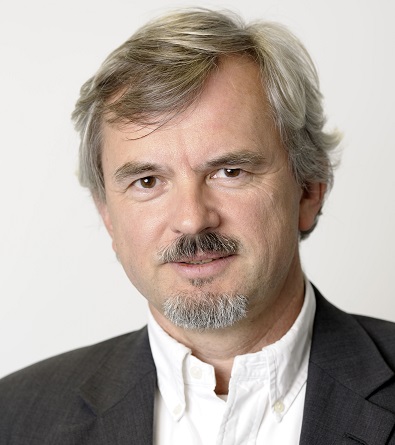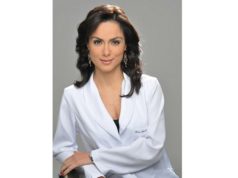
After five years, the board of the European College of Phlebology is changing, announced Eberhard Rabe (University of Bonn, Bonn, Germany) at the European Vascular Course (EVC; 4–6 March, Maastricht, The Netherlands). The election is to be held among the 14 member societies of the College, allowing the original members to step down from the board they created.
Rabe is one of the founders of the European College of Phlebology, along with the former board colleagues Alun Davies (Imperial College, London, UK), Cees Wittens (Maastricht University, Maastricht, The Netherlands), and Martino Neumann (Erasmus Medical Center, Rotterdam, The Netherlands).
Five years ago, the European College of Phlebology was created. “When it was founded”, Rabe said in the special announcement made at the end of a venous session at the EVC meeting, “the main purpose was to establish phlebology in the EU as a recognised inter-disciplinary speciality, and to provide a platform for the European phlebological societies. And, for the first part we were quite successful for the first two or three years—it was accepted by the European Union of Medical Specialists (UEMS) to have phlebology recognised as a multi-disciplinary degree.”
The organisation also founded a European Board of Phlebology, Rabe explained, “which has made recommendations accepted by the UEMS for recognition of training centres in Europe. They took on our curriculum on phlebological education and this process will now go on. That process is now, however, independent from the European College of Phlebology, having its own rules, so there is no direct interference between us. […] So what is left is to have a platform for European phlebology.”
The organisation now has 14 member societies made up of European phlebological societies. There is a great concentration of phlebologists in Europe, Rabe suggested, yet representation and organisation of that group remains poorly defined. “The recognition of European phlebology is not the best—we saw this in Melbourne [at the International Union of Phlebology World Congress 2018] in the election of the board for the International Meeting of Phlebology. There was only one European elected to the board. This shows that we have to do something to gain better recognition.”
While there is work yet to do for the European College of Phlebology, the purpose of the announcement was to declare that it will be going forward with a new leadership chosen to represent the member societies in the European as well as the global discourse. “We felt that the phase where the four [founders] work for that cause now has to end, because our aim was just to found the board. So now, we elect a new board of the College, and this time it is an election by the member societies”.
“I think that this is the right way to have an organisation which is truly elected by the European phlebological societies, which can represent the societies and work for a platform.”
Speaking to Venous News, Rabe explained the next steps in the process: “The Council meeting took place on Monday in Maastricht but the new board was not yet elected. It was decided to invite all member societies to choose two delegates for an extended scientific board. This will be necessary to cover all future projects of European College of Phlebology. The delegates, which will also be the representatives of the societies in the Council, will then elect the new board within due time.”












